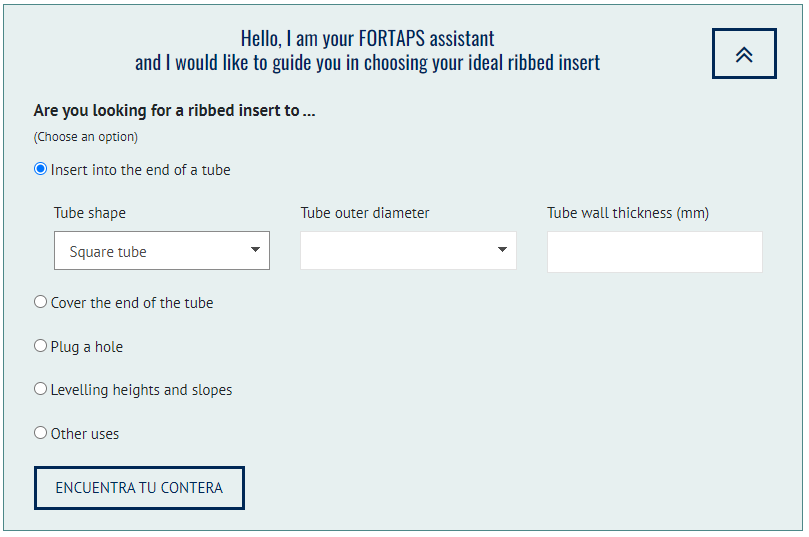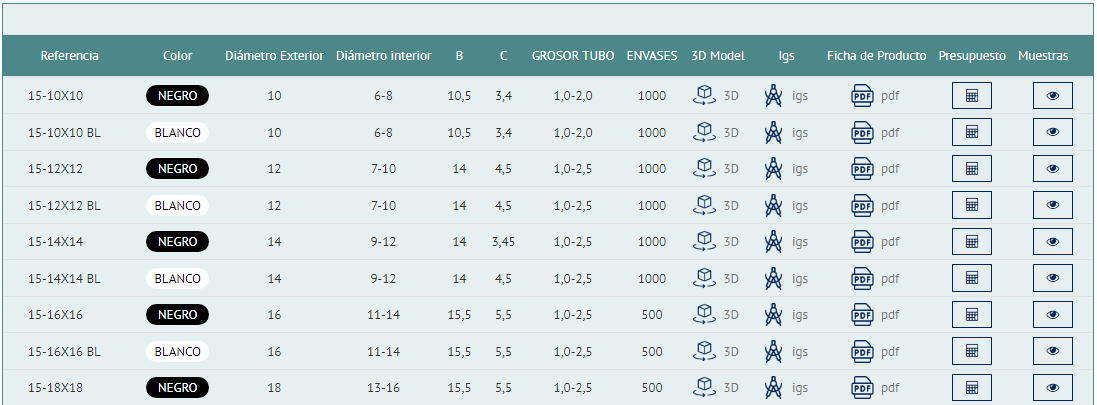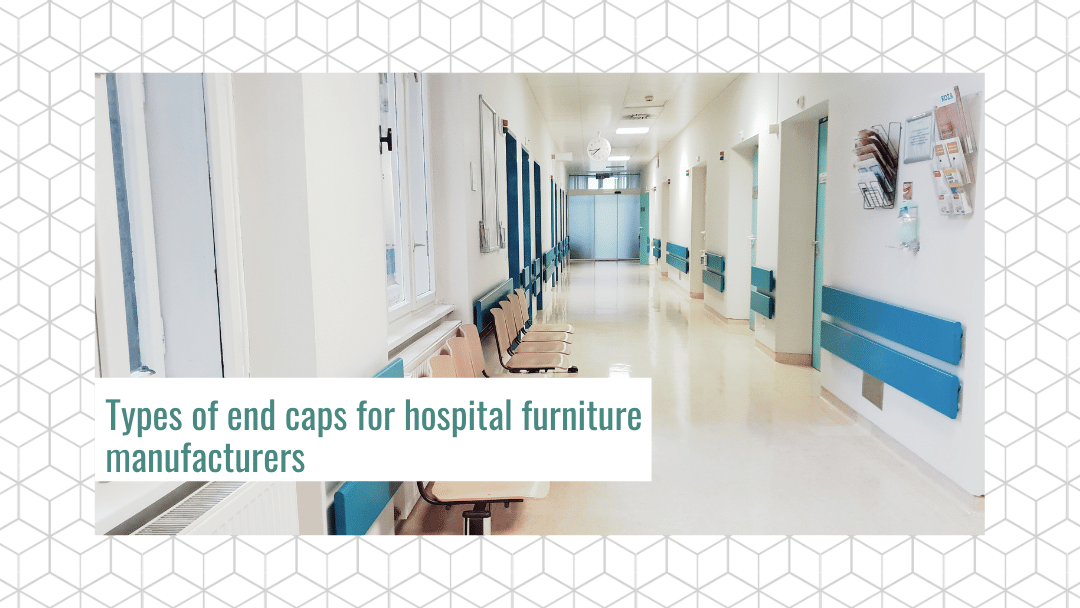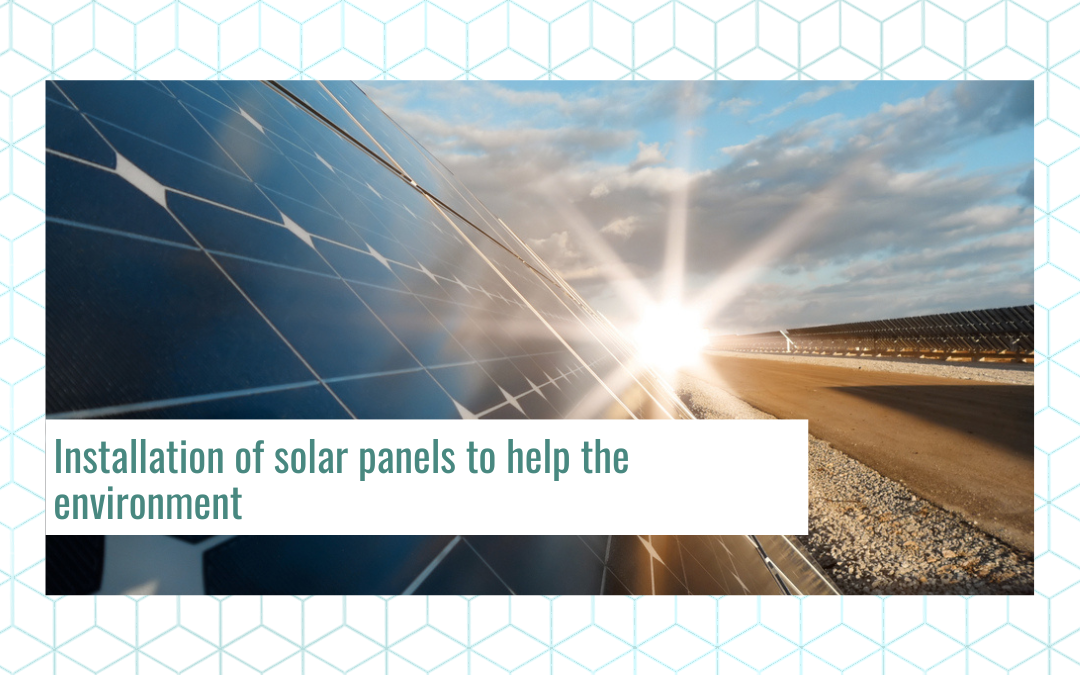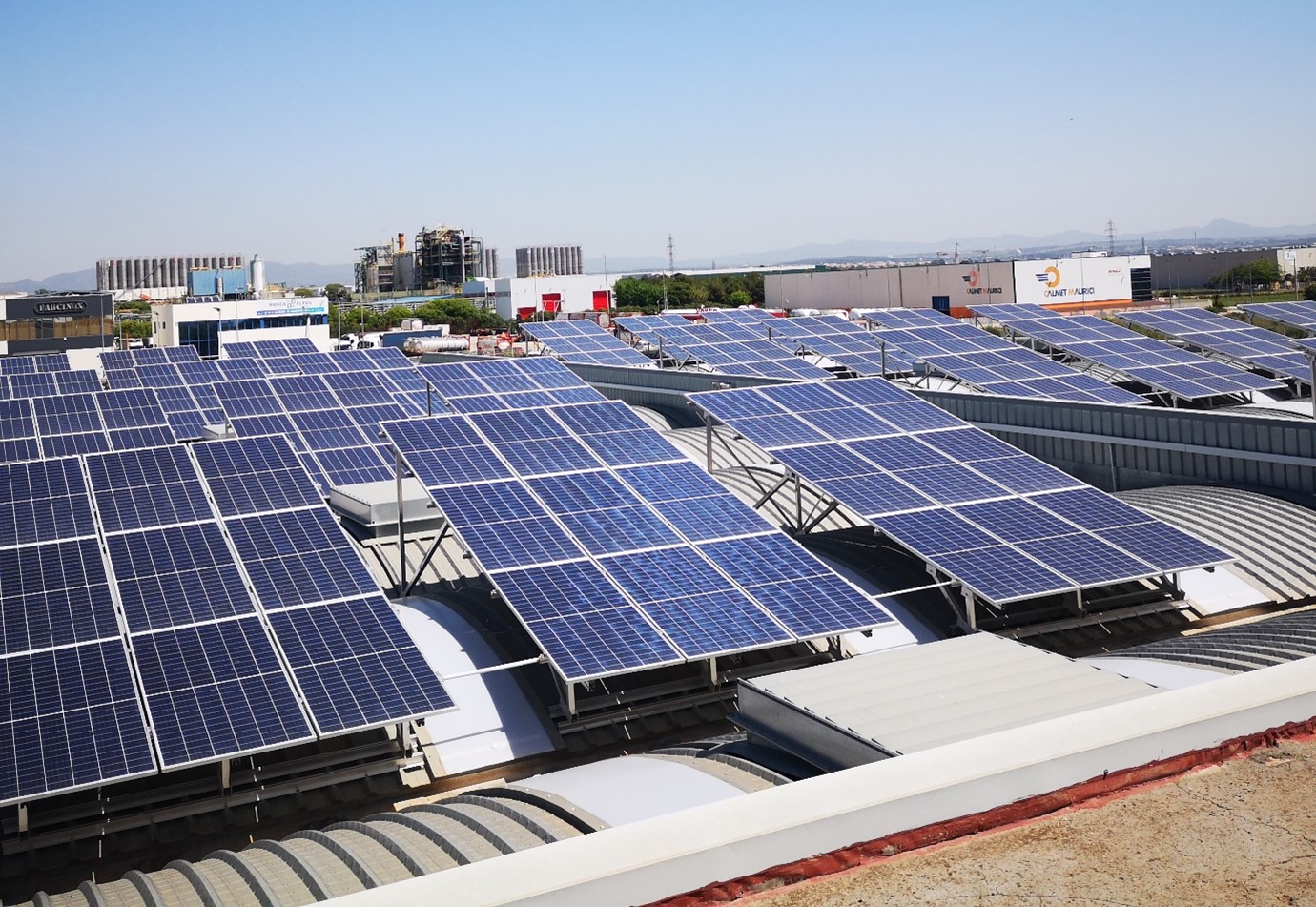
Quality FORTAPS
Our society is moving from all sectors and areas towards a way of life in which digital media are increasingly present. At FORTAPS, we are aware of these changes in two ways: the natural evolution of sales channels and the needs of our own customers. In this article we want to address the change in our business strategies to adapt to this new environment.
Different data sources lead us in the same direction
As the saying goes, ‘all roads lead to Rome’, and that is what has happened in studying our different sources of information. Since the pandemic, online shopping has skyrocketed and the e-commerce sector continues to grow, this means that competition is no longer only at the national level, but that borders disappear.
Some of our clients are what are known as pure e-commerce players, which means that they work solely through digital channels, while others remain on the traditional route with a physical space, but they are starting to complement their services with digital channels. In addition to these, there are the statistics that we can read on the Internet from time to time.
All these avenues share the same conclusion, which is that customers, both the B2B and B2C environment are increasingly turning to online sales channels, as their cost and time advantages are far superior to physical ones.
At FORTAPS we have also decided to adapt our commercial strategies for the sale of our ribbed inserts and end caps. Otherwise, we would fall behind and become uncompetitive. But what steps have we taken to do this?
New business strategies at FORTAPS
In general terms, we can say that FORTAPS is expanding in three different ways. Firstly, we have incorporated e-commerce websites among our clients. As their presence becomes more and more important, it is a growth opportunity for us to be a supplier of the products they offer to their customers.
Secondly, we also work on specialisation within the sectors we supply, such as hardware and industrial supplies. We have multiple advantages that make us stand out from our competition, such as the wide variety of end caps and end caps; a minimum order of one container, which also means penetration of a niche, and deliveries in a very short period of time, amounting to 24 hours in Spain and between 48 and 72 hours for France, country we work with on a regular basis, but also for the rest of Europe.
Our current third channel is a combination of the two previous channels, as it is the online distribution of industrial supplies. Customers in this area are the classic trade with online sales; online shops that do not have stock, but rather order it from another company, known as dropshipping, and sales platforms.
The advantages of our commercial strategies in this area are the constant availability of stock; the ability to respond within a maximum time of two hours; detailed descriptions of all our products, with pictures, text and diagrams; delivery to third parties on behalf of the intermediary customer; tracking of all shipments; monthly invoicing and deliveries in record time, which are again 24 hours in Spain and between 48 and 72 hours in Europe.
Our aim at FORTAPS is to continue to meet the needs of our clients and to continue to adapt to changes in the sector and in society as a whole in order to maintain our competitive advantage.


Quality FORTAPS
Technological advances and the advent of e-commerce have completely transformed the way consumers and businesses interact. With the increase in Internet presence, which now covers three quarters of the population, this is becoming the main tool for communication. For this reason, at FORTAPS we have decided to say goodbye to paper catalogues.
The fusion of the physical and the digital: phygital
Our day-to-day life, both as businesses and consumers, has been modified and we no longer understand our reality without smartphones, tablets and other devices. This has changed the way we shop and the way we use information.
This is known as phygital and consists of merging the physical world with the digital world, with the aim of offering customers a more complete experience in line with their new needs. Its emergence has caused many companies to rethink the channels they use for communication or advertising. One of them is paper catalogues, and in the case of FORTAPS, we have taken the decision to dispense with them as a communication tool.
Why paper catalogues are no longer adequate as a communication tool?
Although they could be used as a complement to face-to-face customer relations, they could be used as a complement to face-to-face customer relations, the analysis of our data has shown us that the most cost-effective decision is to dispense with printed catalogues as a communication tool altogether. Our main reasons have been the following:
Cost reduction
Printing such a large number of colour documents is very costly. However, the lifespan of the catalogue is very short, because once the purchase decision is made or if an alternative is found, we dispose of them. By stopping printing, transport costs are also reduced and contributes to the care of the environment. Therefore, it also becomes an Environmental Social Responsibility (ESR) action.
Improving customer experience
Paper catalogue is static, as it is a finished product with only the images and text provided. However, on the digital pathway, the options that can be used are increasing, since multimedia content appears. As the catalogues are on the website itself, it makes it easier to find more information and contact the brand.

Updated information
When a product is discontinued, a modification is made or new items arrive, it is not possible to make such changes when using the paper catalogue as a communication tool. But when the information can be viewed in digital form, editing and making the necessary changes to bring it up to date is facilitated.

Knowledge of our customers
While competitors should not be overlooked, it is important to keep an eye on, each company must take the decisions that are best for it, in FORTAPS, analysis of our search history or the ways in which quotations are requested has led us to the conclusion that the paper catalogue no longer fulfils its function, because consumers prefer digital media.

For all these reasons, 2019 was the last FORTAPS paper catalogue, which is still available online; and that the pandemic highlighted the growing need for change. If you want to consult our products and services, just go to our website.


Quality FORTAPS
Hospitals are places where silence is important. Not only in order to promote rest and recovery of patients, but also to enable staff to carry out their work properly and to be able to communicate quickly. Therefore, the furniture to be used must be equipped with systems to reduce or prevent noise. Do you know the types of end caps available?
Features of the types of hospital end caps
When choosing between the different types of hospital end caps, the features of them have to be taken into account, in such a way that the material used or the hardness allows the objectives to be achieved. The aspects to be evaluated are as follows:
Noise level to be reduced
In hospitals, a large part of the furniture uses castors to make it easier and quicker to move around and to be able to use equipment and instruments quickly. However, in all rooms and surgeries there are always visitor chairs and some elements that are fixed. These, when moved, cause noise that can be annoying to those around them.
Since noise reduction must be total, as it’s not just about who is on the same floor, but also who is on the same floor, but also noise through floors and ceilings, when choosing between the types of end caps, maximum noise protection should be sought.
Soil type used
Another relevant aspect is the type of flooring in the rooms, as the level of friction varies. But so does the compatibility between materials or the damage that the mats may cause to the ground. The more delicate this, as in the case of wood, the harder the end cap must be, the more likely it is to be scratched. In addition, rubber should be used, as it is the most suitable material.
In the case of ceramic floors, the resistance they present is much higher, although this is not the material used in all areas. The finish should also be assessed, which can be smoother or rougher. And when it comes to synthetic flooring, it is recommended to use virgin materials, as they prevent static electricity from building up, which encourages the accumulation of dirt.
Cleaning
As mentioned above, some of the materials used in some types of mats encourage the accumulation of dust and dirt. This is often the case when plastics are chosen and combined with flooring that does not offer the best compatibility. It should be noted that, in hospitals, hygiene must also be maximised, and the mats themselves can either contribute to this or be a hindrance.
Slippage
End caps are an intermediate point between the sliding of the furniture so that it can be easily rolled and the excessive movement that could lead to a fall. In hospitals, it is important to have anti-slip properties, for which rubber is customary, but at the same time allow smooth and noise-free rolling, for the reasons detailed above.
Durability
The flow of patients in hospitals is constant and continuous, so the wear and tear on the furniture is high. When it comes to manufacturing it and choosing the right types of mats for it, we must also focus on materials that offer good strength and increase durability, with bases that are kept in good condition. And in addition to this, also the position, because all too often we see parts that, due to weight and movement, move out of place.
At FORTAPS, we specialise in the manufacture of mats and, thanks to our long experience in the field, we are able to offer a wide range of products for each furniture and space. If you need advice, contact us!


Quality FORTAPS
The rising cost of electricity and gas is putting the spotlight on the installation of solar panels as a more economical and sustainable alternative. At FORTAPS we have joined this initiative and we share the benefits we have obtained with an environmentally friendly vision.
Energy situation in Spain
No sooner have we emerged from the pandemic than we have already been plunged into a new crisis. Energy prices have soared in recent months, due to petrol prices. These problems have been exacerbated by the conflict between Ukraine and Russia and by the unstable geopolitical situation in the Maghreb, which, together with the growing scarcity of fossil fuels, have resulted in an inflation rate of 8%.
The planet has been warning us for years about the appropriate and urgent measures to take. However, it seems that initiatives must come from the individual household or company. That is why we at FORTAPS want to bring a halo of hope, which is accompanied by some figures relating to the electricity grid in our country.
In 2021, almost half of the energy generated will come from renewable sources, such as solar, wind and hydroelectric power. This figure was less than half just 15 years ago. This is followed by nuclear energy and, finally, gas and oil.
However, until a new regulation by the government materialises, the reality for consumers is one of constant fluctuations in the price of energy, which has become one of the highest costs for both households and business. In turn, this instability means that any estimate a manufacturer makes is only valid for two weeks. A sudden increase would be capable of rendering production unprofitable.
Installation of solar panels as a sustainable alternative
From FORTAPS, we want to share our experience with renewable energies, with the aim of motivating other consumers to bet on them. Specifically, we are referring to the installation of solar panels, which, although it has been booming for years in countries such as Germany and Poland, its full potential is not being exploited in Spain.
Unlike them, who enjoy just 900 hours of sunshine a year, in our country they can get up to 1,900. This means that their installation not only allows a quick return on investment, but also enables energy self-sufficiency.

This independence from market fluctuations and crises is what we have experienced at FORTAPS, since the installation of 85 kW solar panels in 2019. We have managed generate 60% of the energy necessary for our activity, with a reduction in CO2 emissions of 89 Tn per year.
For 2022, we plan to install solar panels in a second phase. The extension includes panels with a capacity of 58 kW, which will bring us closer to the aforementioned energy self-sufficiency and a reduction in emissions of 136 tonnes per year.
How the installation of solar panels affects our customers
Fluctuations and increases in the price of electricity have a direct impact on the final price of products. Why? Well, because their production becomes more expensive, as mentioned above. The production of mats is no exception.
However, at FORTAPS we follow a company policy that pursues sustainable and environmentally friendly solutions. But which also help us to be independent of external fluctuations, so that we can maintain stable prices for our customers.
We take this opportunity to share our experience with the installation of solar panels. To be a benchmark in our sector and to ensure that the manufacture of our products aims to be as sustainable as possible.


Quality FORTAPS
As we already mentioned in this post, an environmental management system is necessary. And we are aware that 3.5 billion plastic products are sold every year. Something that undoubtedly contributes to environmental pollution. In fact, almost 2.2 billion tons of plastic ends up in rivers and seas around the world. In addition, 90.5% of the plastic produced has never been recycled, and it is estimated that in 2050 the planet will have about 12,000 million tons of plastic waste.
Without clear visibility and traceability on the production of plastics and their recycling, it is and will be impossible to control pollution. Not only on an international scale, but simply on a local scale. Therefore, accountability policies and procedures are needed to create public awareness of both the situation and the progress made.
FORTAPS environmental management system: Which plastics?
It is true that there are many prejudices in society and, at the same time, a lot of misinformation. Unfortunately, given concepts that are already deeply rooted, it is very difficult to change public opinion. In the mind of the public – and this is partly true – plastics are linked to oil and, in general, to traditional chemical products and refineries. These are responsible for large amounts of pollutants released into the atmosphere, water and soil, and the largest accidents in the world.
Without a doubt, this generates mistrust towards this material and its production processes, aggravated by the fact that it is difficult to eliminate. Furthermore, it is one of the most difficult types of waste to treat and manage at the end of its useful life. Something that is correctly related to conventional plastics.
However, plastics, like all products, have evolved over time and continue to do so in this period, both in terms of processes and finished products. Process and product innovation is proceeding rapidly, also thanks to the discovery of new raw materials and additives that can achieve environmental friendliness.
In fact, we use environmental management in FORTAPS based on the zero-waste model, also called “zero waste” to avoid polluting waste, as we have already explained in the article “In FORTAPS we have zero-residue cycle”.
Not all plastics are derived from petroleum
Traditional plastics are derived from petroleum, a material that is already known to be running out. This raw material must be preserved for future generations and allowed to be used for future developments. Or, if there are no other solutions that can lead to synthesis by alternative routes. For this reason, at FORTAPS we apply another environmental management system based on improving energy efficiency in plastic injection.
In this sense, to obtain polymers suitable to produce plastics, processes that do not require chemical synthesis from fossil sources can also be used. And it is that, nowadays, there are several synthetic polymers that are not derived from petroleum. We can start from starch or sugars and, therefore, from vegetable substances.
There are also certain bacteria, such as Shewanella oneidensis, that can naturally synthesize polymers without genetic modification/manipulation; what turns them into so-called genetically modified organisms (GMOs). These microorganisms accumulate plastic precursor polymers such as polyhydroxyalkanoate as reserve material in their cellular structures (vacuoles). Something that opens a new frontier for plastics, including bioplastics. On a large scale, this can be achieved using bioreactors, i.e., biomass incubators. At the end of the cycle, the biomass is treated in a suitable way for the required purpose.
FORTAPS environmental management system: we recycle
And what is essential to complete an environmental management system at FORTAPS: we recycle and use recycled plastic to prevent environmental pollution.
If you are interested in being informed more about what environmental management is like in FORTAPS, you can ask us without any commitment. We will be delighted to speak with you.


Quality FORTAPS
The manufacturing process of ribbed inserts consists of a series of steps, beginning with the request of the type of shape requested by the client, until its shipment. It is a process that requires some customization, depending on the measurements and design defined for each case.
The ribbed insert fulfill different functions. Depending on their goal, they are designed individually. Thus, the ribbed inserts can have different shapes and sizes. The oval ribbed inserts, for example, fulfill mainly decorative functions. While those that are placed in exterior pipes have more functional purposes, such as preventing moisture.
At FORTAPS, we detail the specific patterns according to these specifications. They must be manufactured with the dimensions and criteria chosen by each client.
Whatever the purpose or use, the manufacturing process of a ribbed insert consists of a series of steps that we detail below.
Manufacturing process of a ribbed insert
1. Conceptualization
We study the feasibility of the product according to the characteristics, use and requirements of each client. We focus on finding the best solution.
2. Design and manufacture of molds
We have our own mold manufacturing workshop, as well as a testing laboratory and two machinery centres. Currently, we have more than 800 active molds and 8 injection dams. This allows us to customize any ribbed insert design.
3. Programming and Calibration of Machines
We have high-tech German machinery, which allows us to obtain real-time information on production costs. Both depending on the energy, time and materials used.
4. Finished product and quality verification
Finished parts can be removed from the machine in just 3 seconds. We also automatically recycle any excess plastic.
5. Preparation of orders for shipment
An order begins an uninterrupted process and ends when our client receives the requested ribbed insert.
6. Logistics
As the last step in the manufacturing process of the ribbed insert, there is the logistics. The exhaustive control of shipments by geolocation allows us to provide information on the location of shipments at any time, avoid losses and communicate their status. Thus, all logistics services can be tracked.
For all these processes, at FORTAPS we carry out quality control. It is a way of ensuring that they work in the best possible way. Likewise, it is verified that the materials and raw materials from which the ribbed inserts are made.
Quality controls of a ribbed insert in FORTAPS
Quality control during the ribbed insert manufacturing process helps us guarantee the best possible product for our customers. More importantly, it gives us the certainty that the product is ready to function correctly until the end of its useful life.
To achieve this, the entire ribbed insert production chain must focus on quality control.
Regulatory compliance
Throughout the manufacturing process of a ribbed insert, at FORTAPS we strictly follow the ISO9001:2015 standard. This law has been, for 18 years, internationally certified by Bureau Veritas. To do this, we have developed a quality manual according to it. Its compliance audits that we monitor all the processes that are developed in the company. In addition, we evaluate its effectiveness and, if necessary, we influence an improvement.
In addition to this quality certification, at FORTAPS we have also adopted a term as a catalyst for quality: traceability. It is a process that allows us to verify the quality of our products, from the origin. That is, of the raw materials used to manufacture them.
Would you like to better understand the quality that we offer in our ribbed inserts manufacturing process? We tell you!





